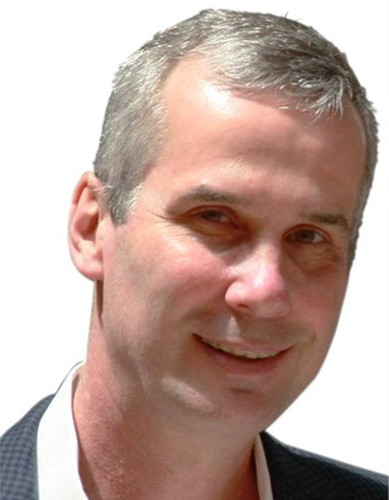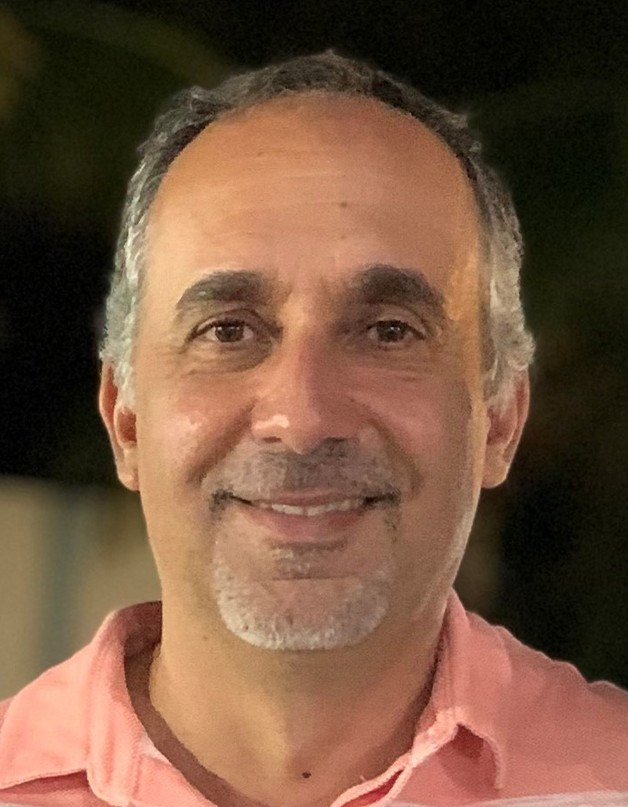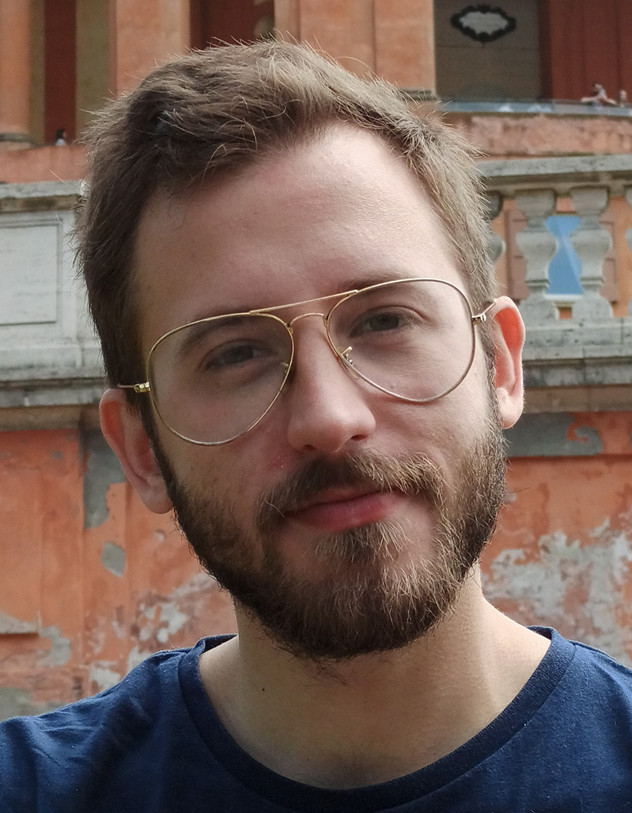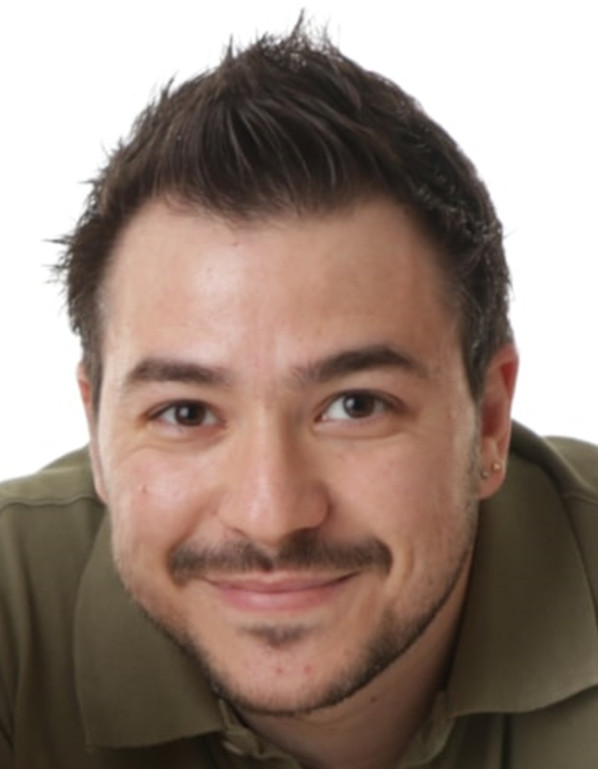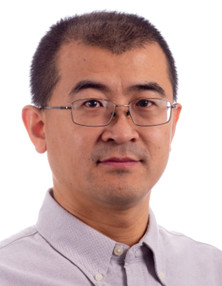Description
Due to the timeliness of the topics, we expect the workshop to be a possible ground for cross-fertilization between academia, industry, and standardization groups and to provide an original contribution to the state of the art of research. We also consider the workshop a perfect arena for young PhDs and researchers who will receive provocative ideas, visions, and guidelines on new potential research directions on methodologies, techniques, algorithms, and multidisciplinary aspects.
The Time-Sensitive Networking research community has been active and growing in the last years, as reflected by the increasing number of published papers within IEEE conferences and journals worldwide on Time-Sensitive Networking topics. To give an idea, on the IEEE Xplore database, we counted 335 TSN-related papers (i.e., containing the keyword Time-Sensitive Networking in the metadata) published in 2021, 223 in 2020, 175 in 2019, and 143 in 2018, hence a continuous increase on the number of papers published. The topics addressed in the workshop encompass many different fields such as wireless communication, time-sensitive networking, the Internet of Things, robots, resource orchestration, and digital twins. Hence, the workshop addresses the whole IoT vertical – from sensors to applications – through a common theme: the impact of time on IoT Systems.
Finally, the workshop proposal provides a more focused and specialized domain for submitting papers concerning the existing conferences dedicated to IoT systems and covers topics not addressed by the leading conference.
Original, unpublished contributions are solicited in time-critical applications for the Internet of Things. Time is a crucial and sensitive matter in most IoT-based systems and applications. Smart factories, mobile and collaborative robots, autonomous systems, and virtual/mixed reality are a few examples of the next wave of applications that rely on accurate time and bounded (low) latency computing and communications. The IoTime Workshop looks for cutting-edge approaches in the whole IoT vertical – from sensors to applications – which time plays a significant factor. Possible topics include, but are not limited to:
- Real test-beds, proofs-of-concept, pilot site descriptions, and industry experience for Time-Critical IoT-based systems.
- Time-sensitive networking (TSN), Wireless TSN, and ultra-low latency, high-reliability communications
- Digital Twins to support time-critical networking in Industrial IoT
- Time-Critical IoT Applications
- Machine learning solutions and approaches for time-critical IoT-based systems
- Orchestration and Placement of computing and networking resources in the IoT Computer Continuum (Edge/Cloud)
- Performance Evaluation of time-critical IoT systems
- Reference Architectures for Time-Critical Things
- Management and Monitoring for Time-Critical Applications in IoT
- Efficient computing approaches for time-critical systems to decrease latency and computer resource usage
- Caching policies, strategies, and architectures at the network edge for time-critical IoT systems
Workshop TPC Members
- Shiwen Mao, Auburn University, USA
- Berk Canberk, Istanbul Technical University, Turkey
- Rodrigo Tinini, FEI, Brazil
- Ming Li, Dalian University of Technology, China
- Marco Di Felice, University of Bologna, Italy
- Ramide Dantas, IFPE, Brazil
- Natalie Mitton, Inria, France
- Raffaele Bruno, CNR, Italy
- Stenio Fernandes, Service Now, Canada
- Alexandre Heideker, UFABC, Brazil
- Swades De, IIT Delhi, India
- Antonio Iera, University of Calabria, Italy
- Rodrigo Filev Maia, Deakin University, Australia
- Juha-Pekka Soininen, VTT, Finland
- João Henrique Kleinschmidt, UFABC, Brazil
- Susan Kumar, Troy University, USA
- Federico Montori, University of Bologna, Italy
- Andreas Kassler, Karlstad University, Sweden
- Carlo Vallati, University of Pisa, Italy
Important Dates:
- Paper submission:
13 June 2022 August 1st, 2022
- Acceptance Notification:
8 July 2022 August 16th, 2022
- Camera-Ready Paper Submission Deadline:
31 July 2022 August 31st, 2022
Paper should be six (6) pages in length. The conference allows up to two additional pages for a maximum length of eight (8) pages with payment of extra page charges once the paper has been accepted.
Once the paper you submitted has been reviewed and accepted you will be notified about uploading a final version of the paper for publication in the Proceedings and IEEE Xplore.
Chairs
Dr. Carlos Kamienski, Federal University of ABC
Carlos A. Kamienski is a Full Professor of Computer Science at the Federal University of ABC (UFABC, Brazil). For eight years, he led the NUVEM Strategic Research Unit comprising faculty members and students working in five broad research lines, namely smart societies, virtual sensations, connected mobility, extreme computing, and integrated universes. He was the Brazilian coordinator of SWAMP from 2017 to 2021 (swamp-project.org), an EU-Brazil collaborative research project that developed IoT-based methods and approaches for smart water management in precision irrigation. His current research interests include the Internet of Things, smart agriculture, smart cities, fog computing, network softwarization, and Future Internet.
Dr. Dave Cavalcanti, Intel Corporation
Dave Cavalcanti is Principal Engineer at Intel Corporation, where he develops next-generation wireless connectivity and distributed computing technologies to enable autonomous, time-sensitive systems and applications. He received his Ph.D. in computer science and engineering in 2006 from the University of Cincinnati. He leads Intel Lab’s research on Wireless Time-Sensitive Networking (TSN) and industry activities to enable time-critical systems and applications of wireless technologies, including WiFi and beyond 5G systems. He is a Senior Member of the IEEE and serves as the chair of the Wireless TSN working group in the Avnu Alliance, an industry group facilitating an ecosystem of interoperable TSN devices and deterministic networking across Ethernet, WiFi, and 5G technologies. Dr. Cavalcanti served as the Chair of the IEEE Computer Society Technical Committee on Simulation from 2008 to 2014. He has contributed to IEEE 802.11 and 802.22 Working Groups.
Dr. Daniel Batista, University of Sao Paulo
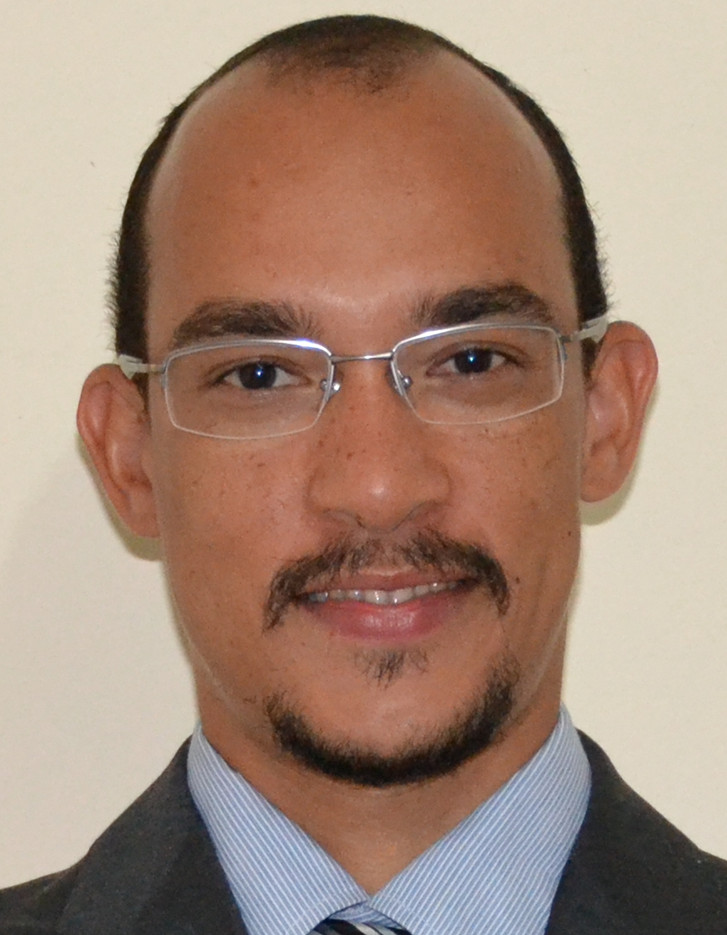
Daniel Macedo Batista is an Associate Professor of Computer Science at the University of São Paulo (USP), the major institution of higher learning and research in Brazil. For four years, he coordinated the GT-EWS and the GT-BIS projects, two projects funded by the Brazilian Education and Research Network (RNP) aiming to early warning about cybersecurity threats based on information from social networks and IoT sensors. He also coordinated the IoT-SED project, a project funded by The São Paulo Research Foundation (FAPESP), aiming to create a safe, effective, and efficient environment for future applications. Currently, Prof. Daniel is the secretary of the Internet Technical Committee, a joint committee of ComSoc and the Internet Society (ISOC) that stimulates interdisciplinary technical exchange, application of state of the art communications and related technologies to the Internet infrastructure, and services. His main research interests are: Smart Cities, IoT Security, Beyond 5G, and Data Analytics applied to Computer Networks.
Dr. Ivan Zyrianoff, University of Bologna
Ivan Zyrianoff is a Ph.D. student from the University of Bologna and a member of the IoT-Prism lab. He holds a B.S. degree in Computer Science and an M.S. degree in Information Engineering from the Federal University of ABC, Brazil. He authored more than 20 international journal and conference publications. He was involved in the SWAMP Project, an EU-Brazil collaborative research project that developed IoT-based methods and approaches for smart water management in precision irrigation. Currently he is an active member of the Arrowhead Tools project, which aims for the digitalization and automation solutions for the European industry. His current research topics encompass interoperability for the Internet of Things, Edge Computing, and Time-Sensitive Networking for IoT.
Dr. Antonio Virdis, University of Pisa
Antonio Virdis is a Senior Assistant Professor at the University of Pisa, where he obtained his MSc degree in Computer System Engineering in 2011 and his Ph.D. in Information Engineering in 2015. His research interests include Quality of Service, Edge Computing, network simulation, and performance evaluation. He coauthored more than 60 peer-reviewed papers and 8 patents in the above fields. He edited the book tile “Recent Advances in Network Simulation”, published by Springer/EAI. He is and has been involved in research projects supported by private industries and funded by the E.U. community. He served as TPC chair for the International OMNeT++ Summit, for the IEEE SmartSys workshop, and for the first edition of the TwinNets workshop. He is one of the authors and maintainers of the SimuLTE and Simu5G opensource projects for the system-level simulation of 4G and 5G communication networks.
Speaker
Dr. Zhibo Pang
Zhibo Pang, PhD & MBA, is currently a Senior Principal Scientist at ABB Corporate Research Sweden, and Adjunct Professor at the University of Sydney and the Royal Institute of Technology (KTH). He is a Senior Member of IEEE and Co-Chair of the Technical Committee on Industrial Informatics. He is Associate Editor of IEEE TII, IEEE JBHI, and IEEE JESTIE. He was General Chair of IEEE ES2017 and General Co-Chair of IEEE WFCS2021 and Invited Speaker at the Gordon Research Conference AHI2018. He was awarded the “Inventor of the Year Award” by ABB Corporate Research Sweden, three times in 2016, 2018, and 2021 respectively. He works on enabling technologies in communication, computing, and intelligence for Industry4.0 and Healthcare4.0.
Technical Programme
Organized on – 11th November, 2022 at 15:00 – 19:00 JPT
| Time (JPT) |
Description |
| 15:00 |
15:10 |
Welcome and Introduction |
| 15:10 |
15:30 |
Timely Anomalous Behavior Detection in Fog-IoT Systems using Unsupervised Federated Learning
Franklin Magalhães Ribeiro: Federal University of ABC Carlos Alberto Kamienski: Federal University of ABC |
| 15:30 |
15:50 |
WoT on The Extreme Edge (WoTTEE): Enabling W3C Web of Things for Micro-controllers
Luca Sciullo: University of Bologna Cristian Castiglione: University of Bologna Angelo Trotta: University of Bologna Marco Di Felice: University of Bologna |
| 15:50 |
16:10 |
Pedometers for Smartphones: Analysis and Comparison of Real-Time Algorithms
Giacomo Neri: University of Bologna Federico Montori: University of Bologna Lorenzo Gigli: University of Bologna Luca Bedogni: University of Modena and Reggio Emilia Marco Di Felice: University of Bologna Luciano Bononi: University of Bologna |
| 16:10 |
16:30 |
TSN-based Industrial Network Performance Analysis
Mohamed Seliem: University College Cork Ahmed Zahran: University College Cork Dirk Pesch: University College Cork |
| 16:30 |
16:50 |
On Latency Bounds for ROS Messaging in Cloud-Enabled Mobile Robots
Víctor M. G. Martínez: Universidade Federal do Espírito Santo (UFES) David A. do Nascimento: Universidade Federal de Pernambuco (UFPE) Ricardo C. Mello: Universidade Federal do Espírito Santo (UFES) Divanilson R. Campelo: Universidade Federal de Pernambuco (UFPE) Moisés R. N. Ribeiro: Universidade Federal do Espírito Santo (UFES) |
| 16:50 |
17:05 |
BREAK |
| 17:05 |
18:35 |
Keynote: Time Critical IoT for Industrial Automation: The Communication and System Perspectives
Prof Zhibo Pang, Senior Principal Scientist/Adjunct Professor
ABB Corporate Research Sweden/ Royal Institute of Technology (KTH)
Abstract:
Industrial Internet-of-Things (IIoT) is one of the engines that have driven the 4th revolution of industries, or so-called Industry 4.0. From the communication and system perspectives, the industrial automation applications introduce not only stringent requirements in latency, reliability, and time synchronization, but also essential challenges to security, functional safety, and interoperability. In this talk, I will introduce the use cases and motivate the technical requirements from system perspectives. Then some latest progresses from academia and industry will be reported. Open challenges and promising directions of future research will be discussed in the end. |
| 18:35 |
19:00 |
BPA and Final Remarks |
If you have any questions, please contact Dr. Ivan: ivandimitry.ribeiro@unibo.it
